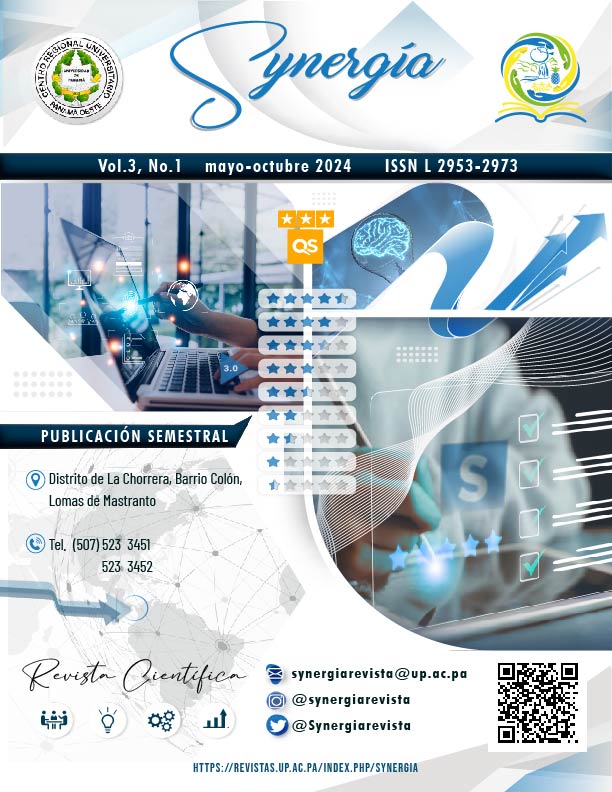
Artículos

Copyright (c) 2024 Synergía

This work is licensed under a Creative Commons Attribution-NonCommercial-ShareAlike 4.0 International License.
Toxoplasmosis, caused by the obligate intracellular protozoan Toxoplasma gondii, is a zoonosis of medical and veterinary importance worldwide. This disease is contracted primarily by eating raw or undercooked meat containing viable tissue cysts, contaminated food or water. The diagnosis of toxoplasmosis has improved thanks to new molecular technologies to amplify the nucleic acids of the parasite. Among these, molecular techniques based on the polymerase chain reaction (PCR) have been useful for the genetic characterization of T. gondii. Polymorphism-based serotyping methods have the potential to become the choice for typing T. gondii in humans and animals. Three bibliographic databases, including PubMed Central (PMC), Scopus, and Google Scholar, were searched for articles published up to 2020. This short review explores what has been observed and studied about the Toxoplasma parasite from the perspective of animal and human health.
